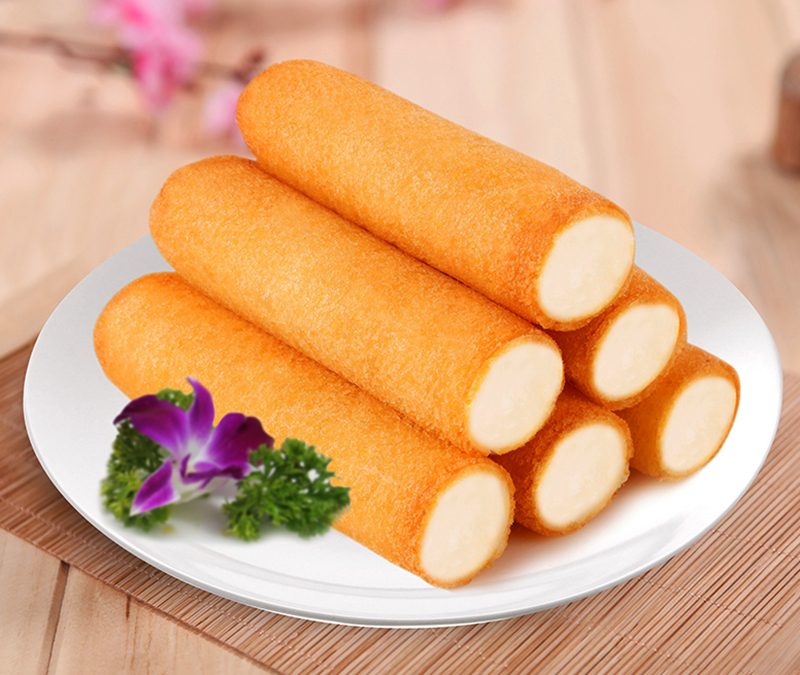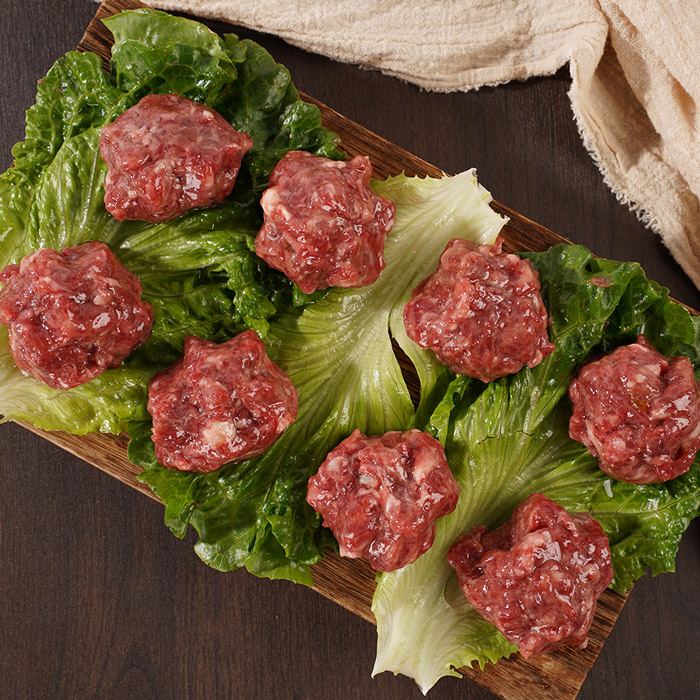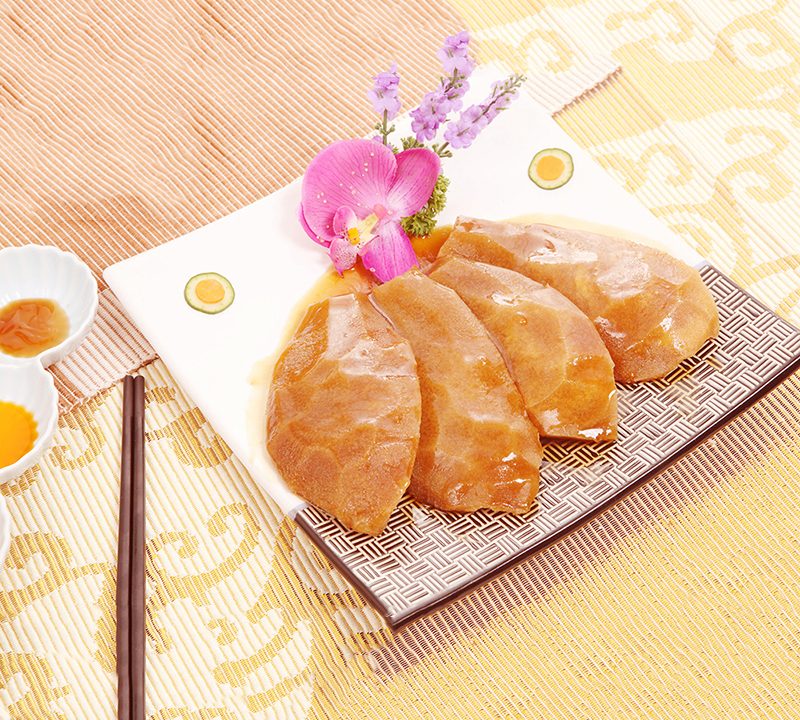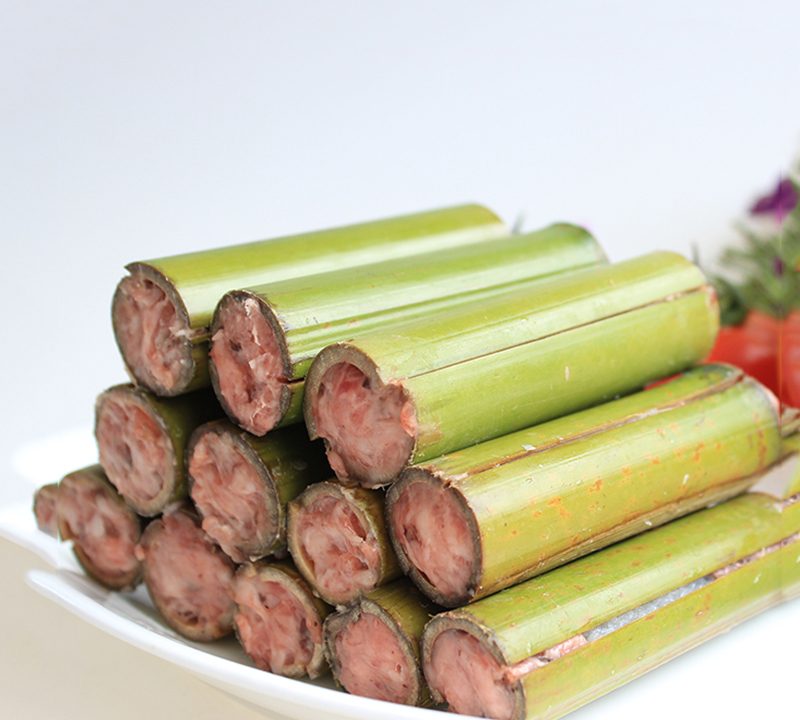Upon China power up and up day by day,the China Dim Sum Foods to be more and more popular in worldwide market,and now importing Chinese Prepared Frozen Dim Sum Foods already be a good business to earn big money….so how to prepare papers when you need to import frozen dim sum food from China to Vietnam?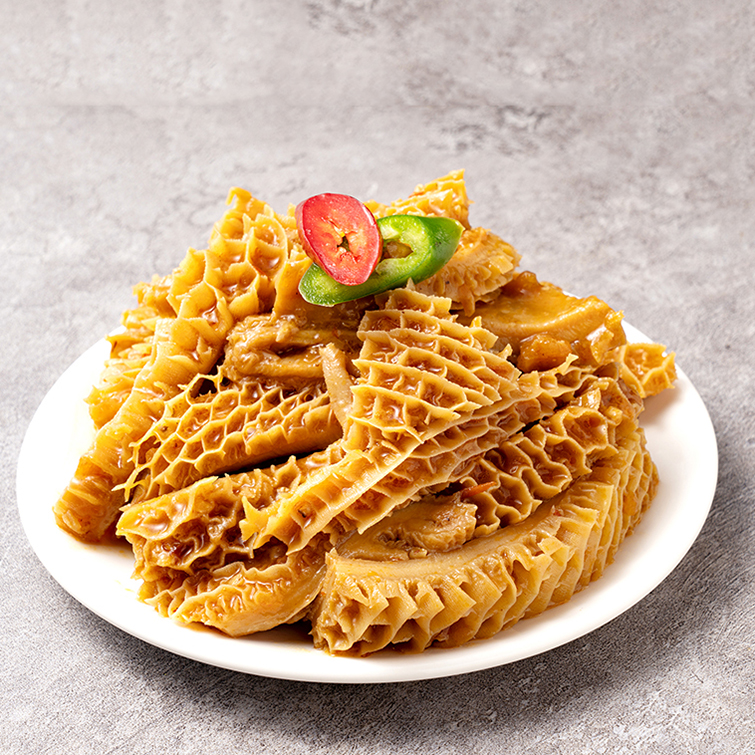
Importing dim sum food from China to Vietnam involves a series of steps and the preparation of specific documents to comply with both countries’ regulations. Here is a general guide on how to prepare the necessary papers:
1. Research and Compliance
- Understand Regulations: Familiarize yourself with the import regulations for food products in Vietnam, as well as the export requirements from China. This includes health and safety standards, labeling, and any restrictions on certain ingredients.
- Contact Authorities: Reach out to the relevant authorities such as the General Department of Vietnam Customs and the Ministry of Health (MOH) in Vietnam, and the General Administration of Customs of China.
2. Required Documents
Export from China
- Health Certificate: Issued by the Chinese competent authority, certifying that the food meets sanitary and phytosanitary (SPS) requirements.
- Export Declaration: Submitted to the Chinese customs.
- Commercial Invoice: Detailed invoice with product description, quantity, value, and terms of sale.
- Packing List: Details about the packaging and contents of the shipment.
- Certificate of Origin (COO): To certify the country of origin, which may affect the tariff rate.
- Product Specifications and Labels: Ensure they comply with Vietnamese standards, including ingredient list, nutrition information, and storage instructions.
- Sanitary and Phytosanitary (SPS) Measures: Any additional certificates or test reports required for the type of food being exported.
Import into Vietnam
- Import License/Permit: Obtain an import permit from the Vietnamese authorities, if required.
- Customs Declaration Form: Completed and submitted to Vietnam Customs.
- Food Safety Certificate: From the Vietnamese Ministry of Health or other relevant body, ensuring that the imported food complies with local standards.
- Label Approval: The labels must be approved by the MOH, which will check for compliance with Vietnamese labeling laws.
- Inspection and Quarantine Clearance: Depending on the product, you may need to arrange for inspection and quarantine clearance upon arrival in Vietnam.
- Insurance Documents (if applicable): Covering the shipment during transit.
- Bill of Lading or Airway Bill: Evidence of the contract of carriage and receipt of the goods, issued by the carrier.
3. Logistics and Shipping
- Choose a Reliable Logistics Provider: Work with a logistics company experienced in handling food imports to ensure proper transportation and storage conditions are maintained.
- Pre-shipment Inspection (if required): Some shipments may require pre-shipment inspection, especially for quality, quantity, and price verification.
4. Clearance and Payment of Duties
- Customs Clearance: Work with a customs broker or your logistics provider to clear the goods through customs.
- Duties and Taxes: Pay any applicable duties, taxes, and fees associated with the import.
5. Post-Importation
- Storage and Distribution: Ensure that the imported dim sum is stored in facilities that meet local health and safety standards.
- Compliance Checks: Be prepared for potential post-import inspections and audits by Vietnamese authorities.
6. Ongoing Compliance
- Keep Updated: Stay informed about any changes in regulations that could affect future imports.
- Record Keeping: Maintain records of all transactions and communications for future reference and audit purposes.
It’s highly recommended to work with professionals who have experience in importing food products, such as a customs broker or a legal advisor, to ensure that all procedures are correctly followed and that all documentation is in order.

